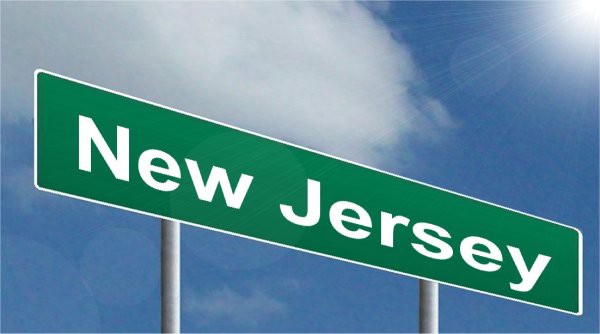
Part 2 of 5: Municipal Budget Process

The following comes from Harrison Township Mayor Louis Manzo:
We pick up on the history of property taxation in NJ and how your property value is assessed, by turning our focus to the process involved with adopting a municipal budget. This starts with an understanding that the local municipal government is charged with collecting 100 percent of your property taxes and then dispersing it to the various taxing entities (i.e. county,school districts, fire districts, library, etc.).
You receive a breakdown of that allocation with your Tax Bill annually showing that approximately 55 percent goes to the schools, 22 percent to the county, 15 percent to the municipality and the remaining 8 percent is split among the fire district, the library and open space fund. You can view that pie chart on our website: http://harrisontwp.us/wp-content/uploads/2018/08/Where-your-tax-dollars-go-2018.pdf
With our 15 cents of every tax dollar, we are responsible to provide for the safety, infrastructure improvements and all required services for the residents of Harrison Township. These services include our police department, trash collection including our yard waste program, local road improvements and repairs, park system maintenance and recreational programs. We have 53 full-time employees that execute these services and we are fortunate to have great people in these roles, from top to bottom.
All municipal budgets are formatted with two distinct sides; the operating budget and the capital budget. The operating portion of our budget includes our energy costs and also pays for the salaries and pensions for all employees, along with our proportionate share of their health benefit costs. The capital budget includes anything we build or purchase, like the new police station or necessary equipment.
Every year, our budget process is the same. Our department leaders submit their preliminary budget requests in December. These requests are reviewed by our administrators and finance committee throughout January and February, and returned for amendments, if necessary. Finally, we meet with our financial advisors, auditor and bond counsel to determine where we stand and what, if any, additional capital program can be included that year. By law, we must introduce our budget in March and make it accessible to all residents for one month prior to holding public hearings in April to allow you to weigh in before we adopt it at a public meeting.
Though we pride ourselves on being fiscally responsible, the truth is we have no choice; it’s the law. Since 2010, we’ve adhered to the state-mandated 2 percent CAP. That means that we can only increase our spending from the previous year by 2 percent, though a few items are not included in that CAP limitation, like health benefits and pensions.
Next issue, in part 3 of this series, I will review how and what we spend our local portion of your property taxes on, with specific references to our 2018 Budget.
Have a great week and enjoy this weather!


